China Sets Plan in Motion to Construct the Largest Spaceship in History
China has unveiled its audacious plan to explore the feasibility of constructing an “ultra-large” spaceship that could be several miles in length. This colossal structure would be so large individual sections would have to be assembled in space, and if it comes to fruition, it would easily be the largest ever conceived.
This initiative, part of the National Natural Science Foundation of China’s long-term space exploration projects, could potentially reshape the trajectory of space travel, ushering in a new era of exploration and discovery if successfully realized.
Long-Term Space Exploration
As humanity inches towards the possibility of extended space exploration and the creation of colonies beyond the boundaries of our planet, organizations around the world are devising projects to make this happen.
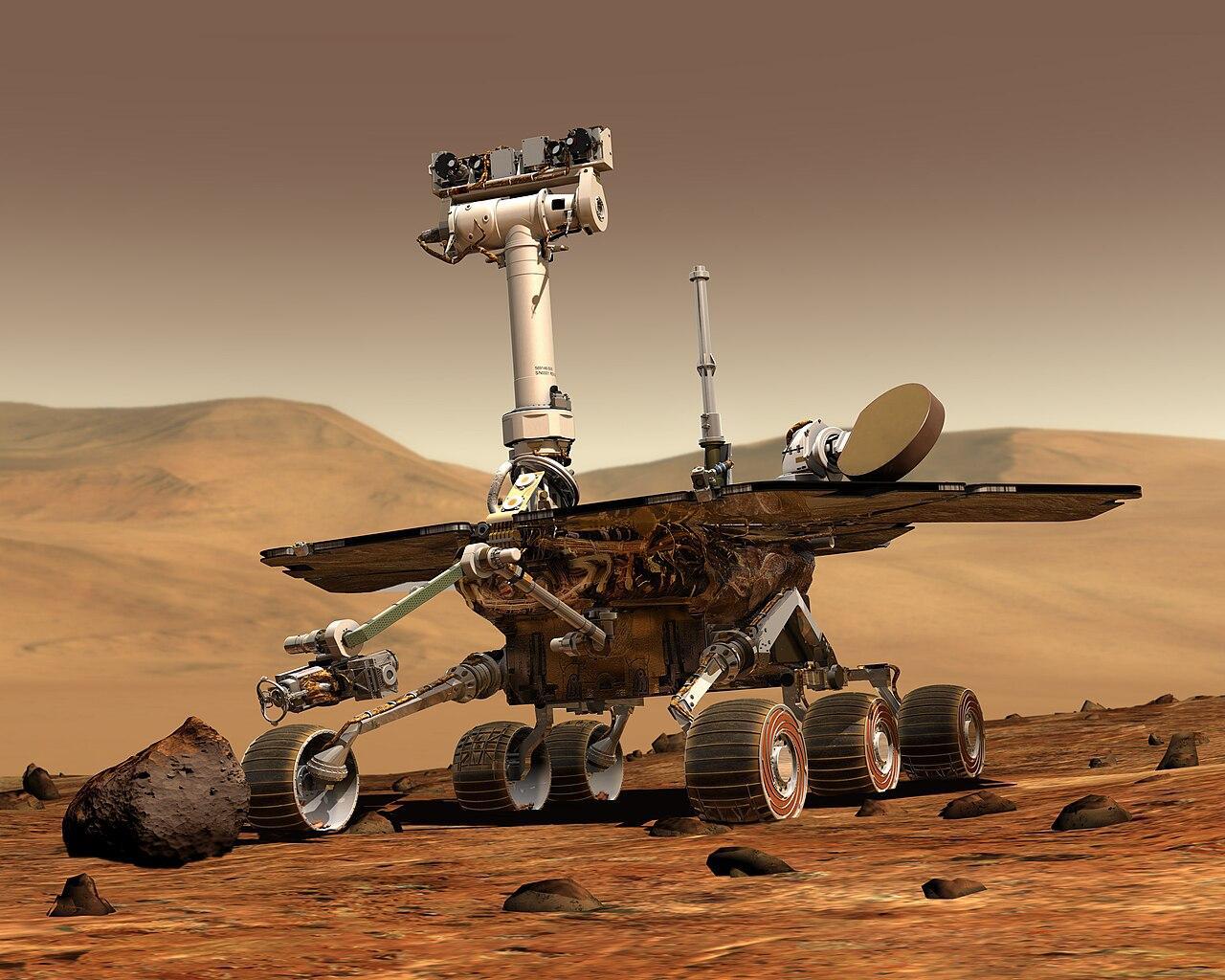
Source: Wikimedia
While NASA hopes to return to the Moon and potentially construct a lunar base, Elon Musk has his heart set on a Mars colony. Other researchers even propose an O’Neill cylinder could be on the horizon in the future.
Could Humanity Populate Space in an O’Neill Cylinder?
Gerard K. O’Neill first proposed the O’Neill cylinder in his 1976 book “The High Frontier.” The design proposes two enormous rotating cylinders, each being 20 miles long, that could be used as the basis for the colonization of space. Yet, even today, the project seems beyond modern capabilities.
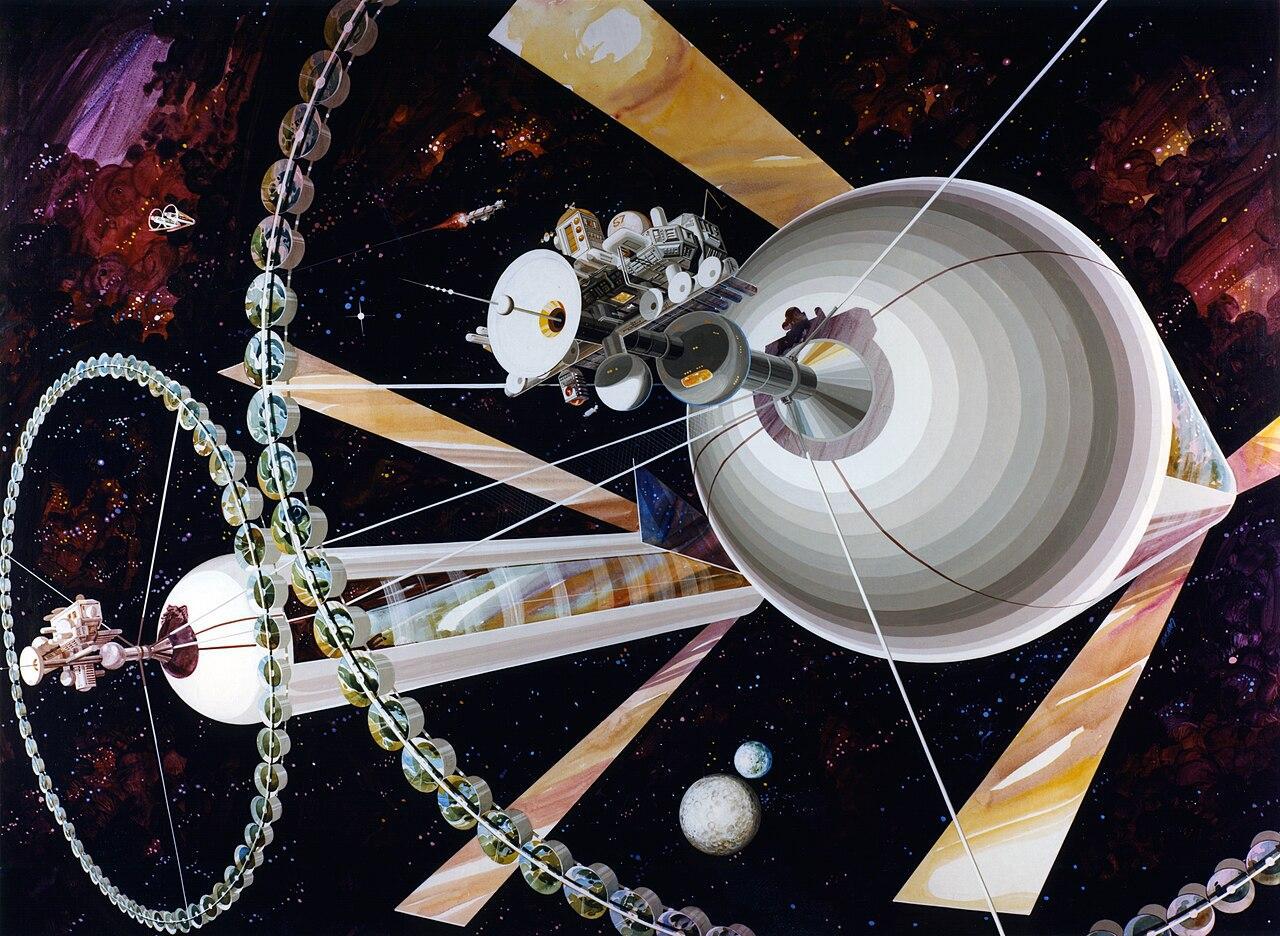
Source: Wikimedia
However, a new project proposed by Chinese space enthusiasts could be just as adventurous as the nation reveals its plans to create an enormous spacecraft in the coming years.
Mile-Long Space Craft
According to a report from the South China Morning Post report, the National Natural Science Foundation of China has called for an investigation into the possibility of constructing an “ultra-large spacecraft spanning kilometers.”

Source: Wikimedia
The nation, which has had considerable success in the space flight industry in recent decades, is essentially proposing they may construct a spaceship that’s several miles in length.
Staying in Orbit Long-Term
The foundation report explains that the proposal is part of a larger aerospace project that will revolutionize the future of the nation’s space industry.
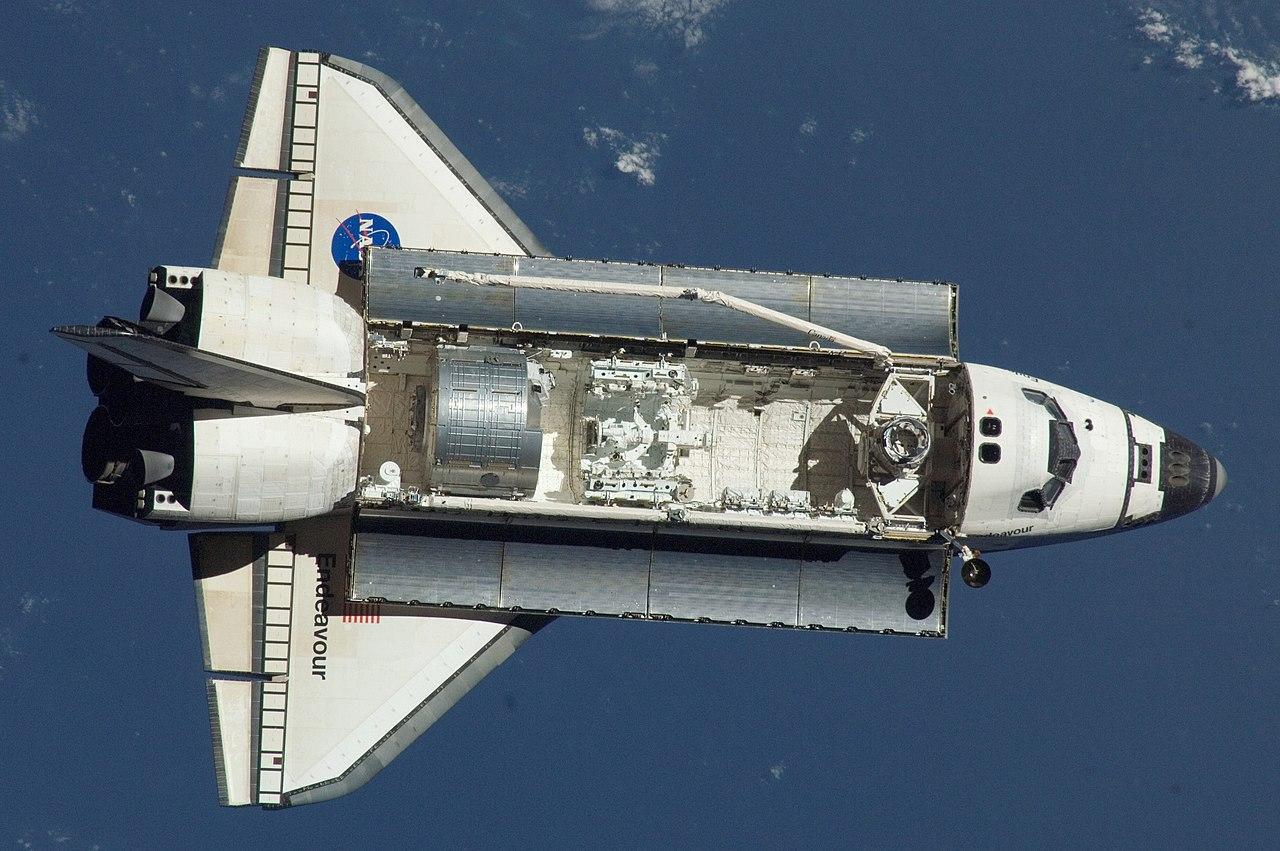
Source: Wikimedia
The project would ensure “the future use of space resources, exploration of the mysteries of the universe, and staying in long-term orbit.”
Preliminary Work on the Ultra Large Spacecraft
The “ultra-large” spaceship project is just one of five that the National Natural Science Foundation of China plans to begin a preliminary investigation into.

Source: Freepik
The early work will involve analyzing the mechanics required to construct the craft, costing around $2.3 million, or 15 million yuan.
Spacecraft Set to Be Assembled in Space
The foundation recently shared an outline of the project, which a third-party agency drew up under the guidance of the Ministry of Science and Technology.

Source: Wikimedia
According to the documents, due to its enormous weight and size, the various parts of the spacecraft would need numerous launches and assembly in space.
Challenges Already Arising With the Project
Although it is in its infancy, problems are already arising with the spacecraft as it becomes apparent that the engineers need to minimize the weight to reduce the number of total launches required to get it into orbit.

Source: Freepik
The report also revealed several aspects of construction costs that need to be streamlined to align with the proposed budget.
The Future of Space Exploration
Smaller challenges associated with the Ultra Large spacecraft include optimizing the control capabilities, which will prevent the separate parts of the structure from drifting away or twisting out of control during assembly in orbit.
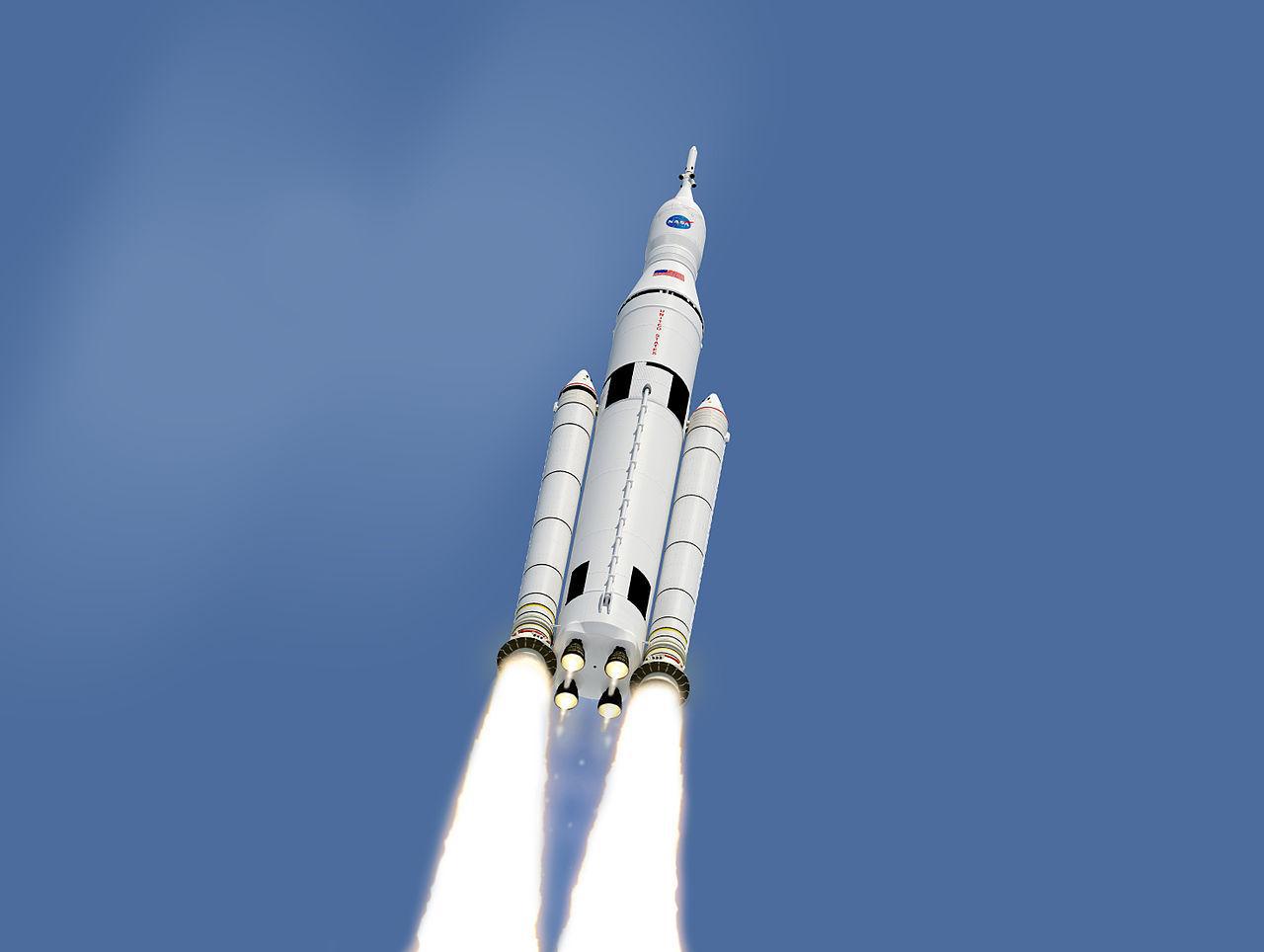
Source: Wikimedia
Despite the challenges ahead, the foundation is enthusiastic about the project and believes China’s aspirations could revolutionize the future of space exploration.
China Space Aspirations Continue to Grow
The announcement of the future projects comes at a good time for China, which has shown the world what it can accomplish in terms of space programs.
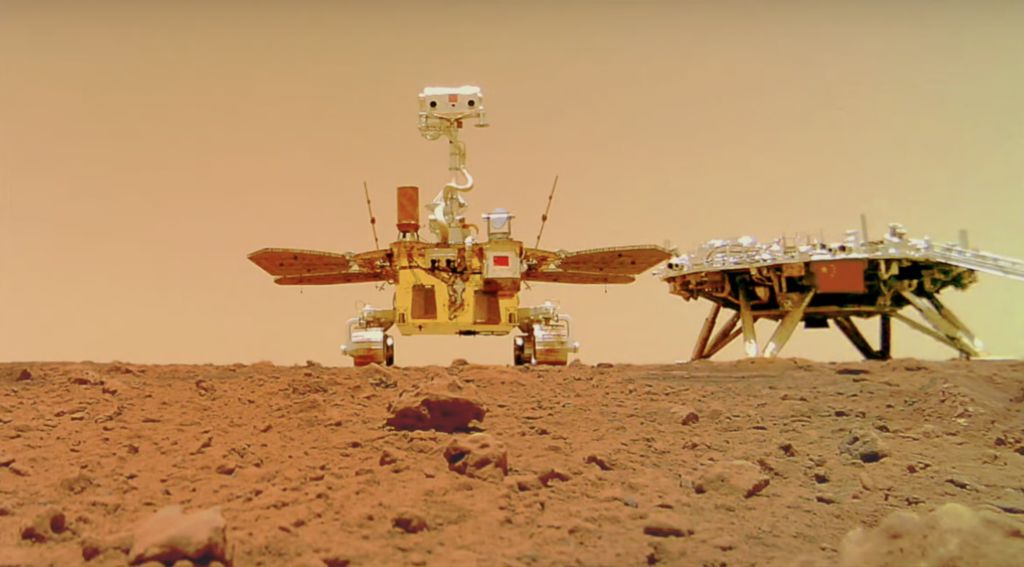
Source: Wikimedia
Back in May 2021, the nation became the second country in history to send and land a rover on Mars.
Tiangong Space Station
One year after the accomplishment of Mars, China officially launched its Tiangong space station on July 24, 2022.
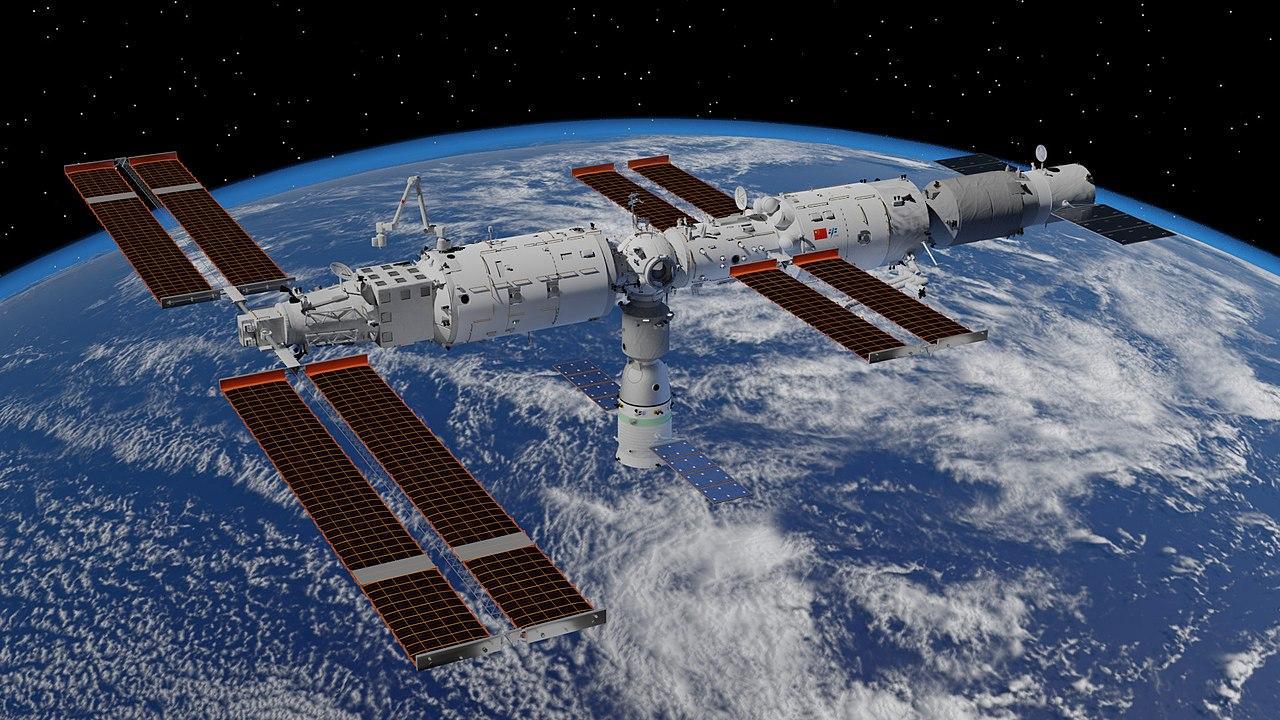
Source: Wikimedia
The small station is around one-third the size of the International Space Station and aims to provide Chinese astronauts and scientists with a base to perform space-based experiments in the future.
A Future Powerhouse of Space Exploration
China has undoubtedly become a major force in the space exploration sector, and its achievements continue to speak for themselves.

Source: Wikimedia
The nation will play a significant role in Earth’s exploration of space, and once its super heavy-lift rocket engine is dreamed up for its next-generation rocket, Long March 9, which is set to launch in 2030, we can expect to see major projects coming out of China.
